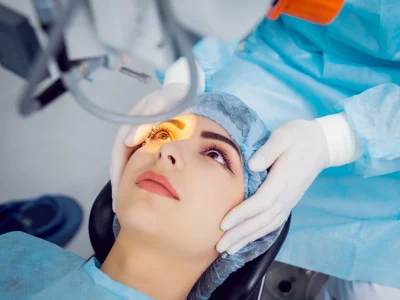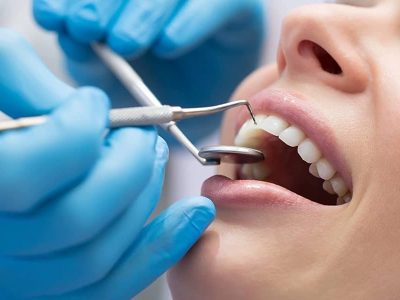Understanding the Varied Faces of PTSD
Post-Traumatic Stress Disorder (PTSD) is a complex and often misunderstood condition that can affect anyone who has experienced a traumatic event. While it is commonly associated with veterans, PTSD can also significantly impact other demographics, including children and first responders. This article aims to shed light on how PTSD manifests in these different groups and the importance of seeking professional help, such as consulting PTSD psychologists located in Melbourne.
PTSD in Veterans: A Battle Beyond the Battlefield
For many veterans, the battle doesn’t end when they leave the warzone – PTSD in veterans is a result of exposure to combat and traumatic events during military service. Symptoms may include flashbacks, severe anxiety, uncontrollable thoughts about the event, and emotional numbness.
These symptoms not only affect the veterans themselves, but also their families and communities. Veterans might struggle with the transition to civilian life, feeling isolated due to experiences that are difficult for others to understand. It’s crucial for them to receive specialised support to navigate these challenges effectively.
PTSD in Children: When the World No Longer Seems Safe
Children are especially vulnerable to PTSD due to their developing brains and limited coping mechanisms. Traumatic events such as accidents, natural disasters, or abuse can leave lasting impressions. Unlike adults, children may not have the language to express their feelings and instead, might exhibit symptoms through changes in behaviour, such as regression, nightmares, or aggression. Early intervention is key to helping these young minds heal and regain their sense of safety in the world.
PTSD in First Responders: Heroes Needing Support
First responders, such as police officers, firefighters, and emergency medical personnel, are on the front lines of crises daily. Constant exposure to traumatic events can take a toll on their mental health. Symptoms of PTSD in first responders might include persistent memories of traumatic incidents, avoidance of situations that remind them of these events, and feelings of detachment or estrangement from others. Recognising and addressing these symptoms early can help these heroes continue their vital work in our communities.
Seeking Help: A Step Towards Healing
Regardless of the demographic, seeking help for PTSD is a vital step towards recovery. Therapies such as cognitive-behavioural therapy (CBT), eye movement desensitisation and reprocessing (EMDR), and medication can be effective – however, the approach can vary based on the individual’s unique experiences and needs. Remember, there are specialised PTSD psychologists who understand these differences and can provide tailored support.








Comments